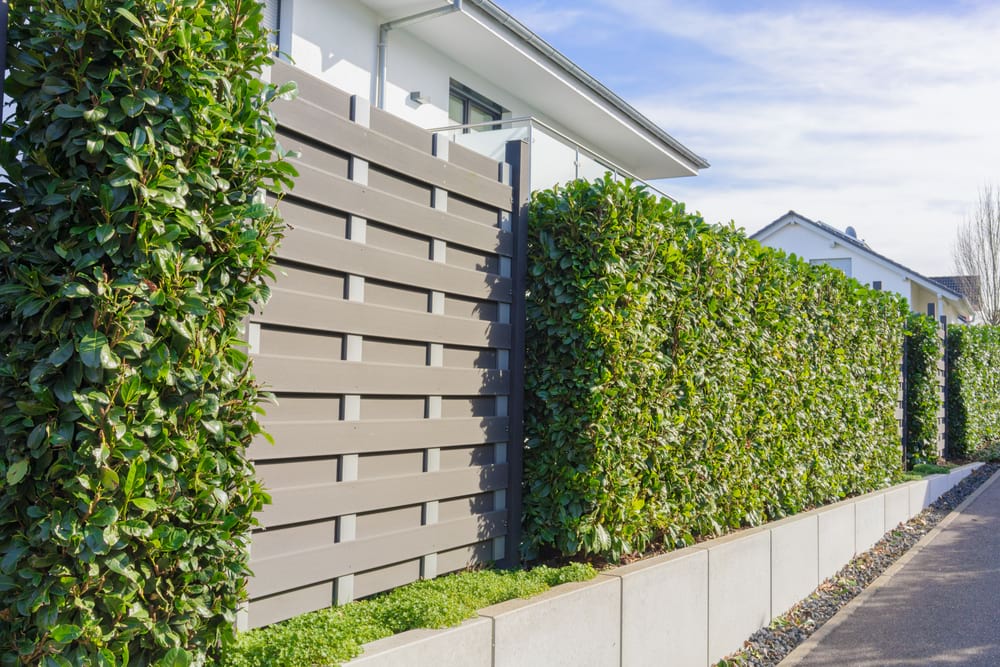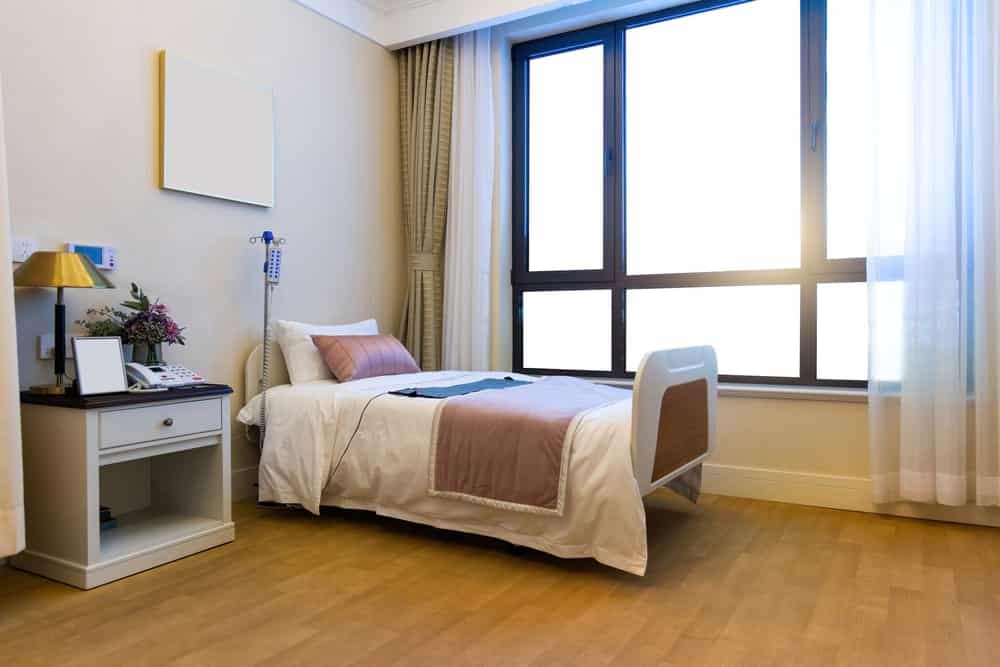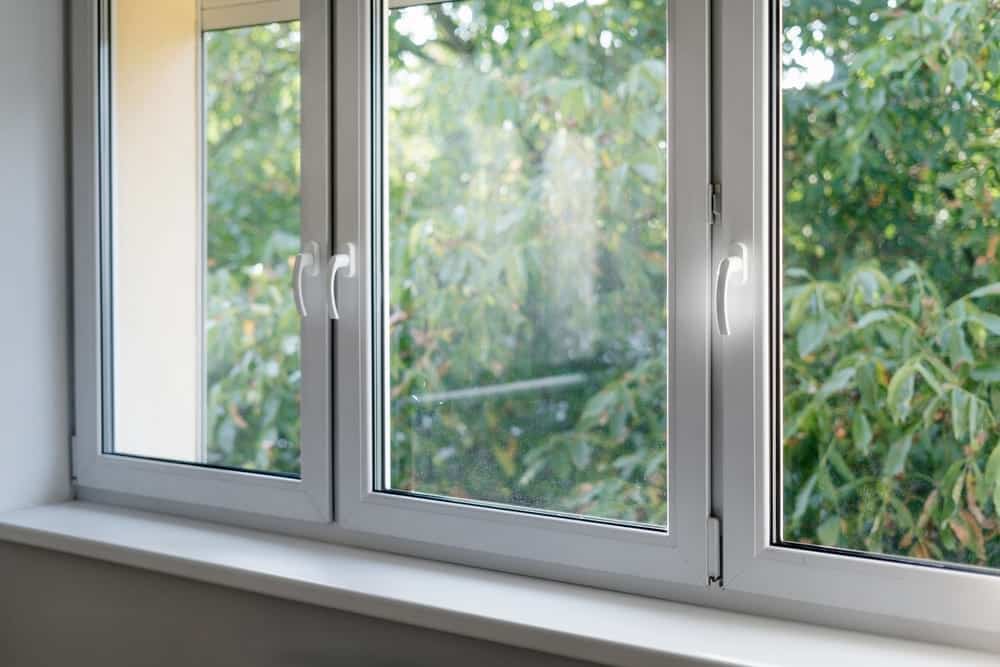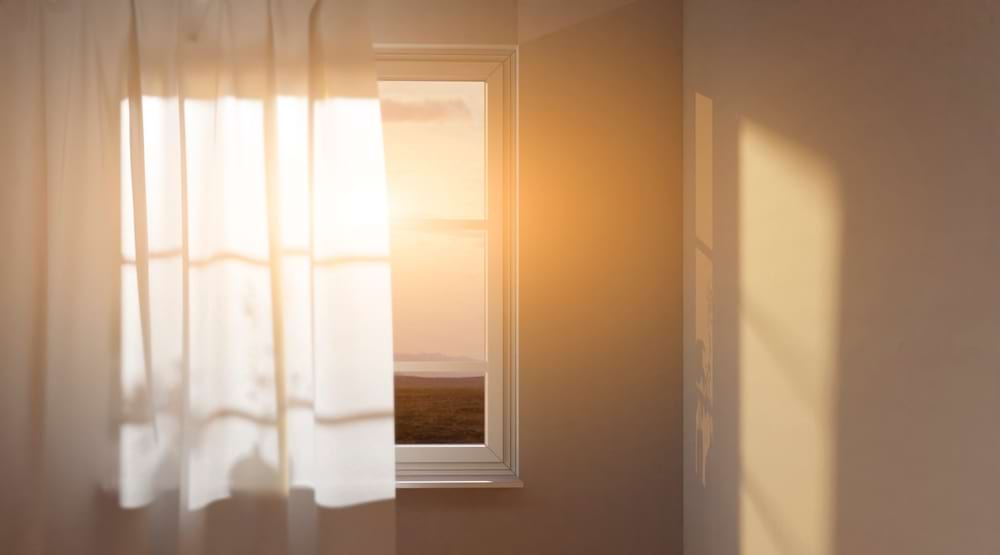In 1604, the judge Sir Edward Coke wrote:
“the house of an Englishman is to him as his castle.”
This sentiment – that homes should be safe and private – is still popular today.
However, modern housing often falls short of this ideal.
Here are tips for how to make your house more private.
1. Install a fence
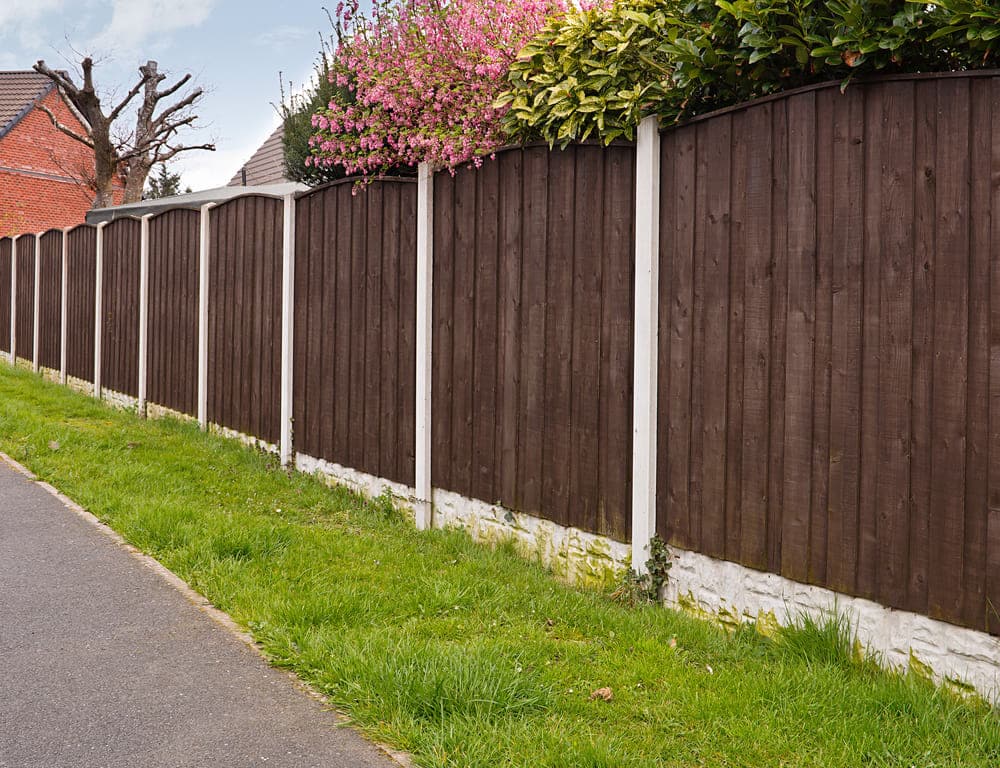
Fences increase privacy and decrease outside noise.
Just make sure that you follow all the correct procedures:
- Ensure that you keep the fence within your land boundaries
- For back gardens, the limit for a fence’s height is 2 metres (approx 6.6 feet)
- For front gardens, the minimum width is 0.9 meters (3 feet).
The most private types of fences have panels without gaps between them. For example, lap panels and closeboard panels.
(The downside is that they block out more sunlight than other panel styles like trellis and slatted panels.)
2. Create indoor areas
Investing in indoor spaces is a great way to increase your sense of privacy significantly. Examples include:
- Indoor play/games rooms
- Indoor swimming pools
- Home gyms
- Home offices
- Private library.
And more.
These can be extensions added to the property or conversions/remodelling of existing spaces (for example, loft conversions).
3. Hedges
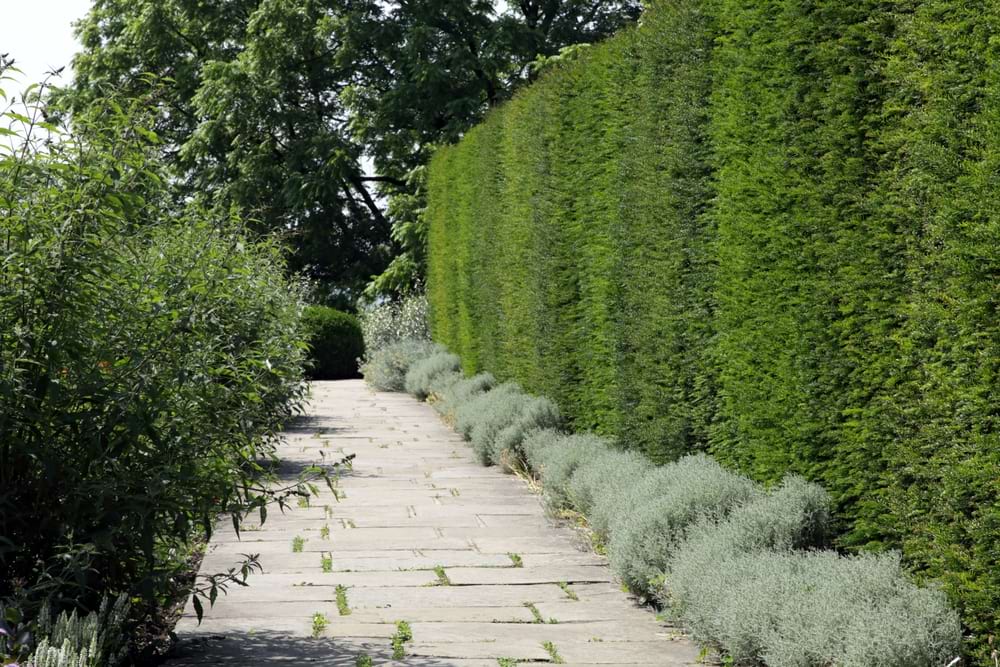
Creative landscaping is another form of fence which allows you to build a perimeter around your house.
Some popular hedges that are used as parameters include:
- Cherry Laurel (Prunus laurocerasus): Known for fast growth and large, dense foliage
- Portuguese Laurel (Prunus lusitanica): Similar to Cherry Laurel but with smaller, darker leaves
- Leyland Cypress (x Cupressocyparis leylandii): Speedy growth (the downside of which is more maintenance)
- Photinia ‘Red Robin’ (Photinia x fraseri ‘Red Robin’): Evergreen that’s popular for its colourful foliage
- English Yew (Taxus baccata): Dense, dark green foliage. It’s slow-growing but long-lived.
All of these provide good privacy, noise reduction and aesthetic value to a property.
4. Pay for a gate
A gate at the start of your driveway gives you lots of privacy.
No one can drive through without permission or the key code. And in this case, it creates a barrier to your home.
This makes it far less likely that people can see you from the street. You will also feel safer and more at ease in your own home.
It’s an expensive investment, but an effective one.
5. Use tinted windows
Windows can be tinted to different degrees.
This is often measured by the Visible Light Transmission (VLT) metric. The darkest level of tint is generally 5% – i.e., only 5% of light to pass through.
The downside to this is that it will darken your property’s interior.
You may need to get permission for this in a leasehold property.
6. Get security cameras
Security cameras are an excellent deterrent for prying eyes. You’ll also have video footage in case anything happens.
Making them visible helps a lot, but check that they don’t infringe on your neighbours’ privacy.
Ring doorbells are a relatively cheap option to consider, too.
7. Use blinds in forward-facing windows
In most cases, foot traffic will be at the front of your house.
So, if you’re looking to block a view through your windows, then blinds are a great way to do this.
Some blinds block visibility and light from windows. Slatted ones provide a balance of privacy and light, depending on the angle at which they are set.
8. Invest in soundproofing
Reducing noise to and from your property is another way to increase privacy.
If your neighbours can hear your conversations or your children playing, then this could be a sensitive issue for you.
Soundproofing your walls is an excellent solution to this. (Some flats do the same for their ceilings.)
You will feel more at ease in your home and free to laugh, dance, and have exciting gatherings with the people you love.
Benefits to more privacy
Improving your homes’ privacy can bring several benefits.
Firsty, it can make homes safer. Criminals won’t know when people are or aren’t in, or what valuable objects are in the property.
It also makes empty properties more secure from squatters.
Secondly, it can increase property value. Many potential buyers are attracted to more private properties.
Finally, it also improves general living standards. Private homes are less exposed to intrusion and noise from the wider street, which reduces the chances of disputes with neighbours.
